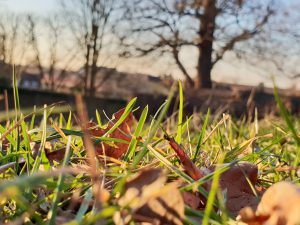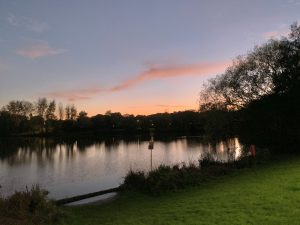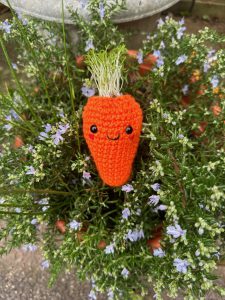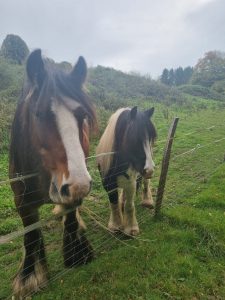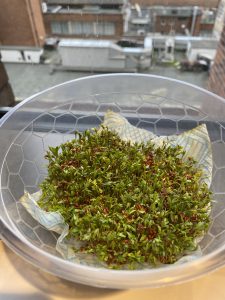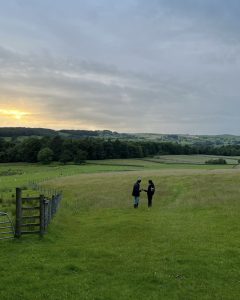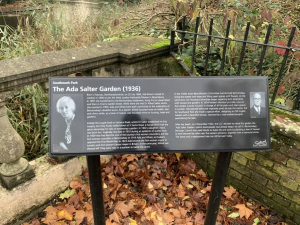This blog post was written by Dr Flora Smyth Zahra, Clinical Senior Lecturer in Interdisciplinarity & Innovation Dental Education.
All two hundred of the new cohort of dental and hygiene therapy students at the Faculty of Dentistry, Oral & Craniofacial Sciences (FoDOCS) are being introduced early on to sustainable education approaches including collaborating, creative problem solving, cross-disciplinary content and critical thinking.
Within their first Clinical Humanities & Wellbeing module ‘Object Research for Beginning & Belonging’ they ‘Demonstrate through participation in all module activities a willingness to engage with new ways of looking and thinking about education and oral health care delivery with reference to the UN 2030 sustainable development goals.’ They also, ‘Relate the importance of flourishing for university learning to a commitment to life-long learning and have explored different approaches to self-care for a sustainable and healthy working life.’ (Learning outcomes taken from the Module).
As such, alongside guest speaker sessions on global oral health, cultural competency, leadership and indeed gardening and sustainability, they are also framing their learning around the SDGs and considering what they each might contribute as future change agents. Curricular time has also been given to wellbeing with students posting photographs on their KEATS discussion fora of outings across London, walking in the parks and exploring green spaces. Learning about stewardship followed by the simple activity of growing and nurturing cress seeds on their window sills and residences has struck many as a real parallel with their future roles as care givers and clinicians.
This is the first module in a yearly series of sustainable health care education over the three and five year degree programmes that is core to all undergraduate students in FoDOCS.

